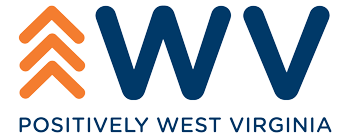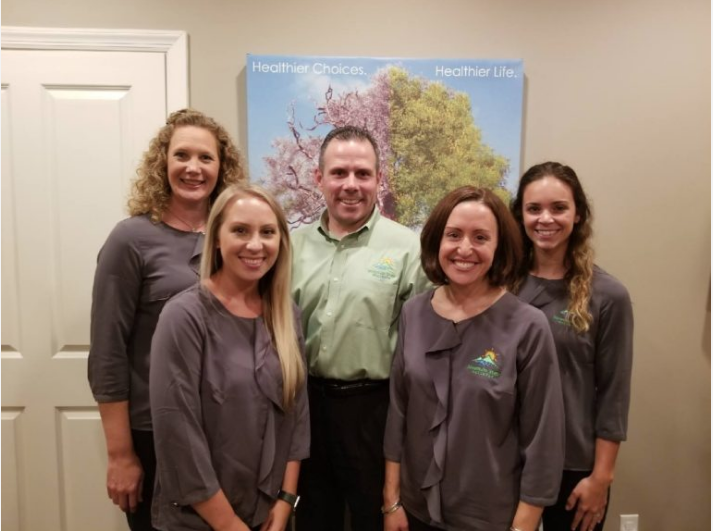Drs. Lucas and Amy Watterson co-founded Mountain State Wellness in Morgantown, West Virginia, in 2002. Since then, their practice has continued to grow every year and has helped more than 5,000 people from ten different states.
Drs. Lucas and Amy Watterson share a passion for natural, vitalistic healthcare methods and have developed a three step program to restore true wellness. They specialize in detecting functional disturbances within the human body due to central nerve system injury, nutritional deficiency and chemical toxicity.
Mountain State Wellness uses upper cervical alignment, whole-food nutrition and purification techniques to restore their patient’s health. They believe that a person can be healthy for a lifetime without relying on drugs and surgery.
Drs. Lucas and Amy talked with Jim Matuga, host of The Positively West Virginia Podcast, about their worst business moment, what they learned from that and their advice to young entrepreneurs.
What was your worst business experience as an entrepreneur?
Owners, Drs. Amy and Lucas Watterson and their staff members.
“We’ve told this story many times to other entrepreneurs,” Lucas said. “What’s interesting though is that our worst business moment was at the beginning of our story.”
“We moved here from Tulsa, Oklahoma. We came to West Virginia in February of 2002 and went to three banks in town. We put together what all three banks considered to be the best business plan they had seen in years. It was very comprehensive. It had three, five and ten year projections. It was very detailed. All of the expenses were detailed, and profit for the future was projected. In fact, we under projected upon what really happened.”
“We went to three banks, and they all complimented us on our business plan. Some of them even asked who helped us write this business plan. After stroking our egos, two of the banks immediately told us that they weren’t going to loan us any money. Now, to put this in perspective for your readers, we were asking for a $45,000 loan, with a $20,000 line of credit. When you’re starting a small business, that’s an exceptionally small amount of money.”
“So, the third bank said that they would entertain the offer, but they needed collateral. We didn’t have collateral. We have student loans, and we were young entrepreneurs. We began to address some of our family members for some collateral. They were willing to help us. So, first the bank accepted the 20 percent collateral from the family member but then asked to see all of the family member’s assets and asked to have 100 percent collateral.”
“Our family member just said, ‘why don’t I just loan you the money?’ and so that is was we did. We drew up a document. We paid seven percent interest to the family member, and instead of paying it off in five years, we paid it off in three. And, none of the banks in town got our business.
Tell us the one take away you got from that experience.
“It’s good to have a plan. But, you have to flexible, creative, and you have to be open to options,” Lucas said.
“And, you can’t take no for an answer,” Amy said.
“If someone knocks you down, get back up. Look for other ways for funding opportunities other than traditionally through a bank,” Lucas said. “I am a veteran. My wife is a woman. There are other opportunities through the small business administration, veterans benefits and minority benefits for women in business. Look for other alternative types of funding if a traditional bank is not willing to invest in you.”
What is one piece of advice you would give a young entrepreneur?
“Don’t get boxed into the spot that is just financial capital. That is a limiting spot that keeps you bound. There are two other types of capital that you need to grow a successful business: mental capital, creative ideas to get your message out, and your intellectual property, what value you are developing for your community. That is all considered mental capital. You need to be number one, creating that, and then number two, harvesting it to bring it to your clients. The second type of capital, which I think is probably the most important, is relationship capital,” Lucas said.
“Don’t underestimate the other two parts of the equation. Financial capital + mental capital + relationship capital = success. It’s very important. Many people only think dollars.”
Drs. Lucas and Amy were guests on The Positively West Virginia Podcast. Listen to their full podcast here.
PWV QUICK BITS
- RECOMMENDED BOOK: The E-Myth Revisited: Why Most Small Businesses Don’t Work and What to Do About It by Michael E. Gerber, Book Yourself Solid: The Fastest, Easiest, and Most Reliable System for Getting More Clients Than You Can Handle Even if You Hate Marketing and Selling by Michael Port and Start with Why: How Great Leaders Inspire Everyone to Take Action by Simon Sinek.
- PIECE OF ADVICE: “Don’t get boxed into the spot that is just financial capital. That is a limiting spot that keeps you bound.”
- RECOMMENDED PODCAST: Startup Capital Podcast


